39 the wilmot proviso called for
Why was the Wilmot Proviso defeated in the Senate ... The Wilmot Proviso was a piece of legislation proposed by David Wilmot (D-FS-R PA) at the close of the Mexican-American War. If passed, the Proviso would have outlawed slavery in territory acquired by the United States as a result of the war, which included most of the Southwest and extended all the way to California. Chicago Suburbs News - Chicago Tribune Your source for suburban Chicago news, events, crime reports, community announcements, photos, high school sports and school district news, from TribLocal, Pioneer Press and Chicago Tribune.
The Wilmot Proviso called for popular sovereignty on the ... The Wilmot Proviso called for popular sovereignty on the slave question in the territories won from Mexico. True False The Wilmot Proviso ____________________. passed the House and Senate. enraged the South. brought the North and South together on the issue of slavery. became law in 1850

The wilmot proviso called for
What is the formal withdrawal of a ... - Colors-NewYork.com The Wilmot Proviso was designed to eliminate slavery within the land acquired as a result of the Mexican War (1846-48). Fearing the addition of a pro-slave territory, Pennsylvania Congressman David Wilmot proposed his amendment to the bill. Why did Southerners oppose the Wilmot Proviso? Wilmot Proviso - Wikipedia The Wilmot Proviso was an unsuccessful 1846 proposal in the United States Congress to ban slavery in territory acquired from Mexico in the Mexican-American War. The conflict over the Wilmot Proviso was one of the major events leading to the American Civil War . Wilmot Proviso - Definition, Dates & Purpose - HISTORY The Wilmot Proviso was designed to eliminate slavery within the land acquired as a result of the Mexican War (1846-48). Soon after the war began, President James K. Polk sought the appropriation of...
The wilmot proviso called for. The Wilmot proviso called for what? The Wilmot proviso called for what? The Wilmot proviso called for what? Answers. The correct answer was given: 100154281. hope this helps :) Explanation: The Wilmot Proviso was a failed attempt to ban slavery in territories acquired in Mexican- American War. Thanks. The correct answer was given: Brain ... wilmot proviso Flashcards | Quizlet Wilmot proviso Bill that would ban slavery in the territories acquired after the War with Mexico free-soil party political party dedicated to stopping the expansion of slavery compromise of 1850 Includes California admitted as a free state, the Fugitive Slave Act, Made popular sovereignty in most other states from Mexican- American War The Expanding Republic and the War of 1812 [ushistory.org] The United States developed in a more distinctly American fashion after the War of 1812. The years of the early republic, from the end of the Revolutionary war in 1783 to the end of what is sometimes called the Second War for American Independence in 1815, had itself been a period of enormous change that included dramatic political innovations of state and federal constitutions as well as the ... The Wilmot Proviso: Definition, Date, and Purpose The Wilmot Proviso was an unsuccessful proposal in August 8 1846 by the Democrats in the U.S Congress to ban slavery in the territory recently acquired from Mexico in the Mexican-American War.
The Wilmot Proviso was a document that called for a ban on ... The Wilmot Proviso was a document that called for a ban on slavery in any territories acquired from Mexico. The Wilmot Proviso was a document that allowed settlers in the territories to vote for or against slavery. The Wilmot Proviso was a document that extended the compromise line across the new territories. What Was the Proviso of the Mexican War? - BartlesVilleSchools The Wilmot Proviso was drafted, and it prohibited slavery in the cession, but it was defeated. By losing Mexico, the North also lost a potential source of imports from Europe. Sectionalism was already becoming prominent before the war, but this conflict exacerbated existing divisions between the states. John C. Calhoun - Biography, Facts & Significance - HISTORY Oct 19, 2021 · John C. Calhoun (1782-1850), was a prominent U.S. statesman from South Carolina and spokesman for the slave-plantation system of the antebellum South. Why is the Wilmot Proviso important? - JanetPanic.com The Wilmot Proviso was a proposal to prohibit slavery in the territory acquired by the United States at the conclusion of the Mexican War. In 1846, David Wilmot a Democratic member of the United States House of Representatives from Pennsylvania, proposed the Wilmot Proviso. What was the effect of Wilmot Proviso?
Wilmot Proviso - Conservapedia The Wilmot Proviso was a proposal, never adopted, for Congress to forbid the expansion of slavery into the Southwest, especially New Mexico. It inflamed sectional tensions and helped cause the American Civil War. Wilmot Proviso | House Divided Wilmot Proviso (Garraty, 1994) Textbook Congressman David Wilmot of Pennsylvania introduced the Wilmot Proviso in the House of Representatives. The proviso called for prohibiting slavery "in any territory [taken] from the Republic of Mexico." John A. Garraty, The Story of America (Austin: Holt, Rinehart, and Winston, 1994), 438. The Wilmot Proviso: An Unsuccessful Attempt to Ban Slavery ... The Wilmot Proviso was an unsuccessful 1846 proposal in the United States Congress to ban slavery in territory acquired from Mexico in the Mexican-American War. [1] The conflict over the Wilmot Proviso was one of the major events leading to the American Civil War. Wilmot Proviso legal definition of Wilmot Proviso President james polk asked Congress in August 1846 for $2 million to help him negotiate peace and settle the boundary with Mexico. Polk sought the acquisition of Texas and other Mexican territories. Wilmot quickly offered his proposal, known as the Wilmot Proviso, which he attached to President Polk's funding measure.
Chapter 15 Flashcards - Quizlet The Wilmot Proviso called for A. popular sovereignty in all western territories. B. extending the Missouri Compromise to California. C. banning slavery from California. D. prohibiting slavery in land gained from Mexico. C Leading advocates of popular sovereignty included A. Charles Sumner. B. Zachary Taylor. C. Stephen A. Douglas.
Who opposed the Wilmot Proviso? - JanetPanic.com The Wilmot Proviso, as this amendment came to be called, passed in the House on two separate occasions, and both times the Senate voted it down. Which party endorsed the Wilmot Proviso? The creation of the Republican Party in 1854 was based on an antislavery platform that endorsed the Wilmot Proviso.
History Engine 3.0 Historian James McPherson writes that there were some southerners who opposed it because they saw "the northern effort to exclude it [slavery] as an insult to southern honor." The Wilmot Proviso, as this amendment came to be called, passed in the House on two separate occasions, and both times the Senate voted it down.
Confederate States of America | History, President, Map ... Confederate States of America, also called Confederacy, in the American Civil War, the government of 11 Southern states that seceded from the Union in 1860–61, carrying on all the affairs of a separate government and conducting a major war until defeated in the spring of 1865. In the decades prior to 1860 there had been developing a steadily increasing bitterness between the Northern and ...
APUSH Timeline of Important Events - Google Docs -the Wilmot Proviso defeated quickly. 1848. Treaty of Guadalupe Hidalgo -ends Mexican-American War -Mexican cession $15 million for C (alifornia) A (rizona) N (evada) C (olorado) U (tah) N (ew Mexico) 1849. Zachary Taylor elected last Whig elected. 1850. Taylor dies; Fillmore takes over. 1850
David Wilmot - Wikipedia Wilmot modeled the language for what would usually be referred to as the Wilmot Proviso after the Northwest Ordinance of 1787. Unlike some Northern Whigs, Wilmot and other anti-slavery Democrats were largely unconcerned by the issue of racial equality, and instead opposed the expansion of slavery because they believed the institution was ...
American History - ThoughtCo American History. The United States has a rich history, full of tumult and transformation. Explore the people, events, and movements that shaped the America of today.
What Is The Compromise Of 1860 - 378 Words | Internet ... The Wilmot Proviso During The Mexican-American War 269 Words | 2 Pages. The Wilmot Proviso was proposed during the Mexican-American War. David Wilmot (a Democrat) submitted the Wilmot Proviso. The Proviso meant that if the United States won they would not turn the Mexican people who were on the land into slaves.
Which of the following best describes the Wilmot Proviso? The correct answer is B) The Wilmot Proviso was a document that called for a ban on slavery in any territories acquired from Mexico.. The Wilmot Proviso, introduced by Congressman David Wilmot, proposed to ban slavery in all the new territories acquired from Mexico after the Mexican- American War.
The Wilmot Proviso - American Battlefield Trust The Wilmot Proviso. While only a short episode in American politics, the Wilmot Proviso provides insight into anti-slavery positions among northerners and reopened debates about slavery in the territories which had lasting effects on the larger American political landscape. On Saturday, August 8, 1846, amidst the Mexican-American War, President ...
What did the Wilmot Proviso call for? Whay was a ... The Wilmot Proviso called for slavery to be prohibited in the land that had been acquired by the United States after the Mexican War. There was growing fear that this new territory would be turned to pro-slavery, so David Wilmot, a Pennsylvanian Congressman proposed that the bill should be amended to eliminate slavery in the newly acquired ...
U.S. History, A Nation on the Move: Westward Expansion ... The Wilmot Proviso captured the "antislavery" sentiments during and after the Mexican War. Antislavery advocates differed from the abolitionists. While abolitionists called for the end of slavery everywhere, antislavery advocates, for various reasons, did not challenge the presence of slavery in the states where it already existed.
The Wilmot Proviso called for - Brainly.com The Wilmot Proviso called for 2 See answers Answer 3.9 /5 11 Denilsonsanz The Wilmot Proviso was an unsuccessful 1846 proposal in the United States Congress to ban slavery in territory acquired from Mexico in the Mexican-American War. The conflict over the Wilmot Proviso was one of the major events leading to the American Civil War. Answer 4.5 /5
Wilmot Proviso | United States history | Britannica Wilmot Proviso, in U.S. history, important congressional proposal in the 1840s to prohibit the extension of slavery into the territories, a basic plank upon which the Republican Party was subsequently built. Soon after the Mexican War, Pres. James K. Polk asked Congress for $2,000,000 to negotiate peace and settle the boundary with Mexico.
The Wilmot Proviso called for new states to allow slavery ... The Wilmot Proviso called for new states to allow slavery in the Southeast. a ban on slavery in territories gained from Mexico. new settlers to vote on slavery in the Southwest. an extension the Missouri Compromise dividing line.
Wilmot Proviso - Definition, Dates & Purpose - HISTORY The Wilmot Proviso was designed to eliminate slavery within the land acquired as a result of the Mexican War (1846-48). Soon after the war began, President James K. Polk sought the appropriation of...
Wilmot Proviso - Wikipedia The Wilmot Proviso was an unsuccessful 1846 proposal in the United States Congress to ban slavery in territory acquired from Mexico in the Mexican-American War. The conflict over the Wilmot Proviso was one of the major events leading to the American Civil War .
What is the formal withdrawal of a ... - Colors-NewYork.com The Wilmot Proviso was designed to eliminate slavery within the land acquired as a result of the Mexican War (1846-48). Fearing the addition of a pro-slave territory, Pennsylvania Congressman David Wilmot proposed his amendment to the bill. Why did Southerners oppose the Wilmot Proviso?


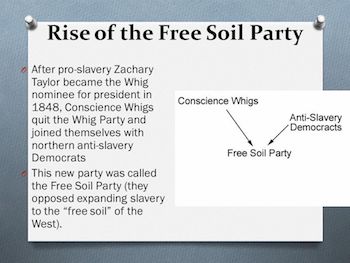

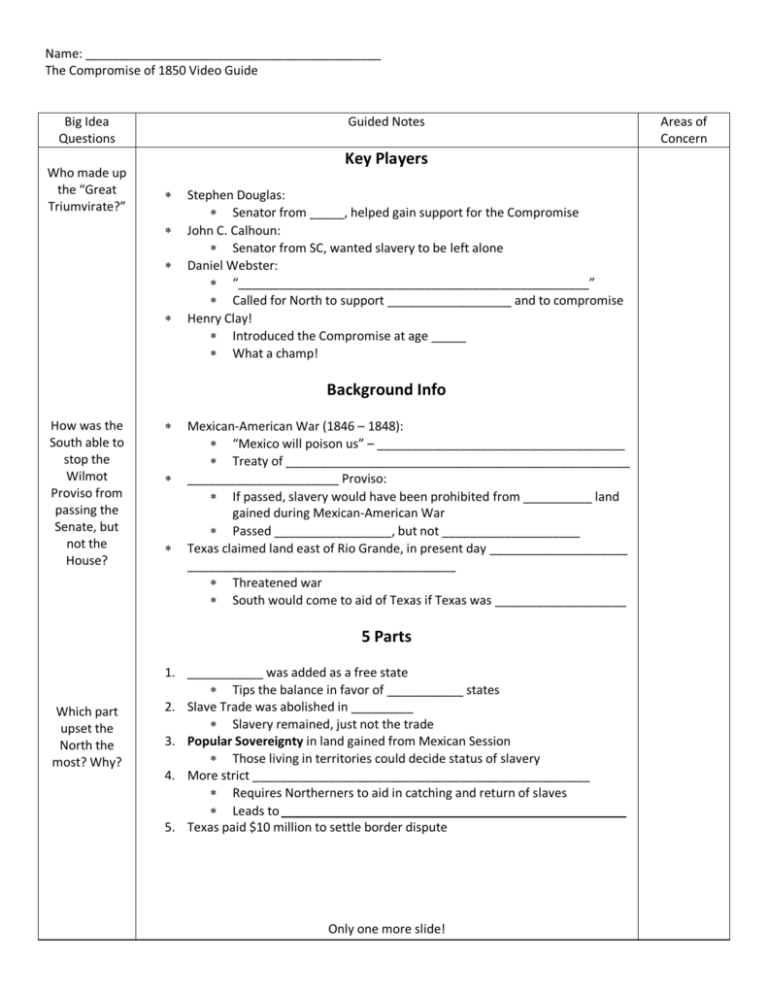


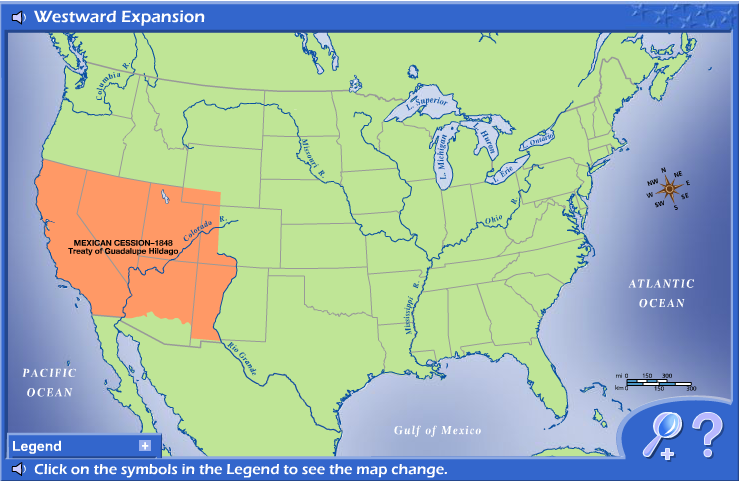

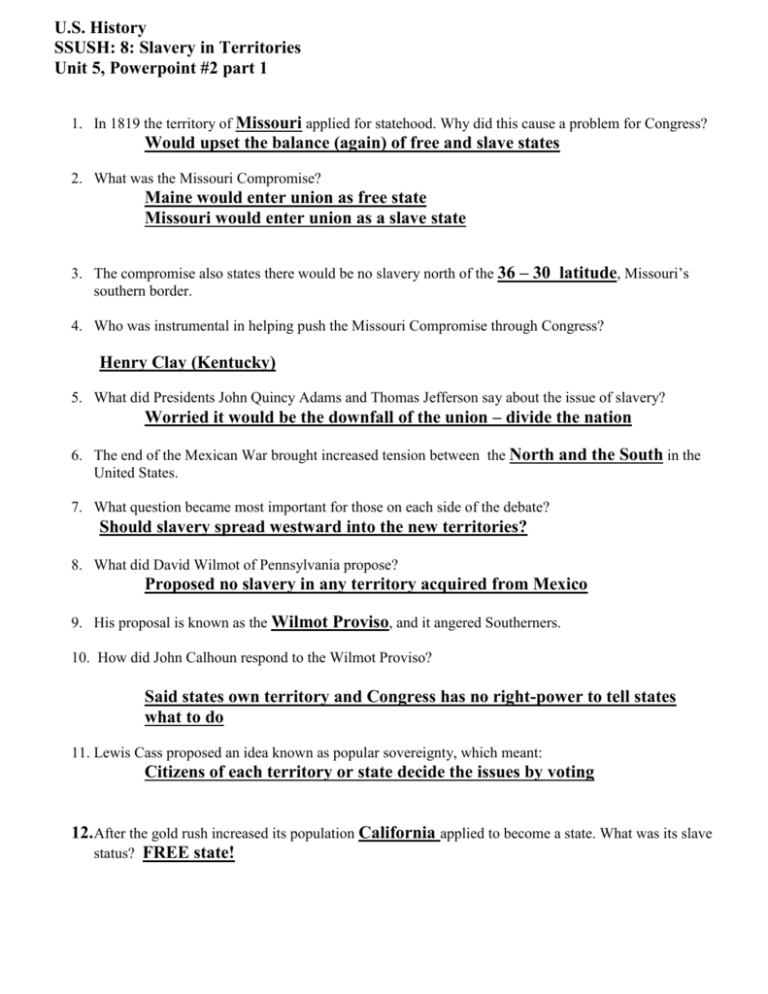
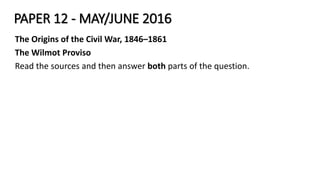
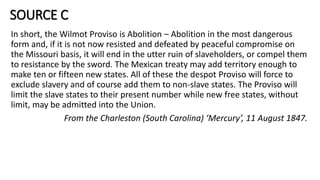







![Wilmot's Proviso [ushistory.org]](https://www.ushistory.org/us/images/00035174.jpg)
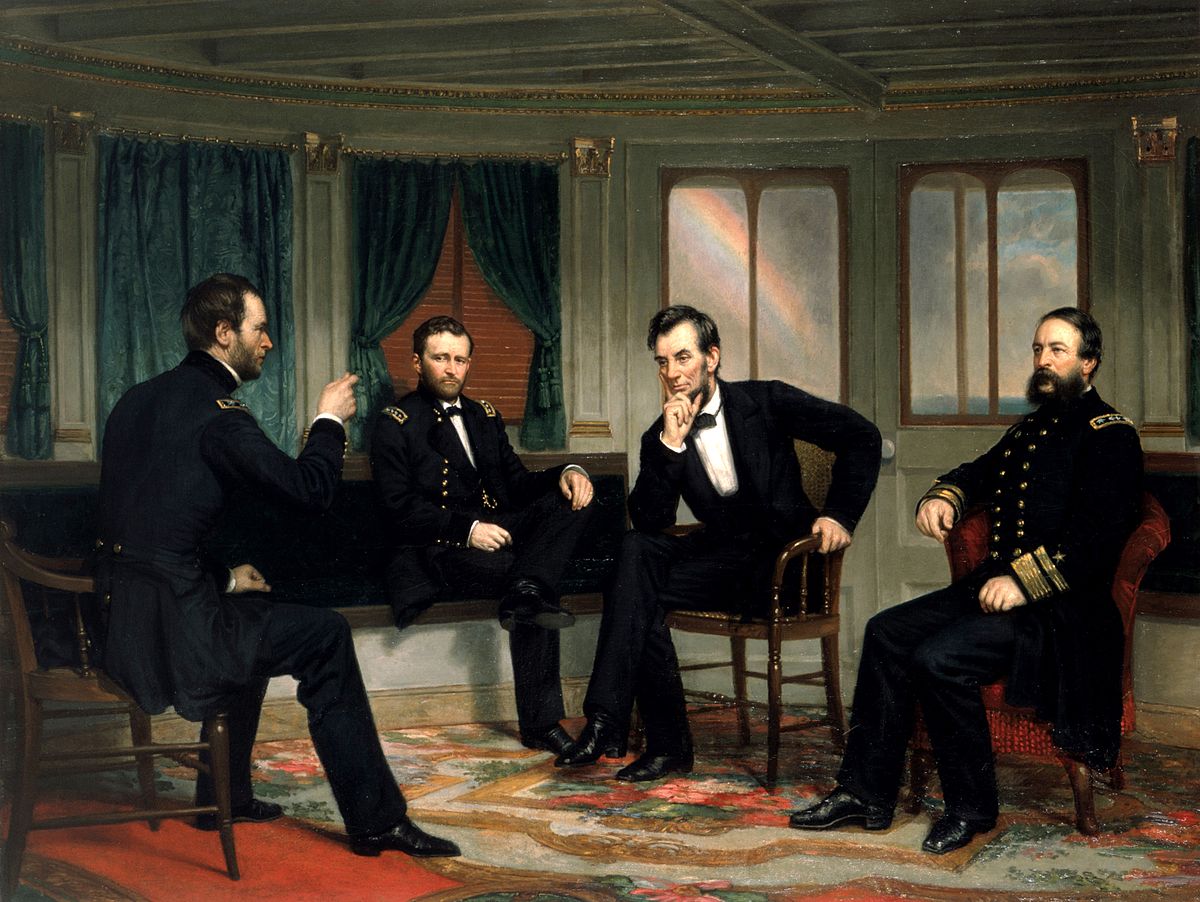
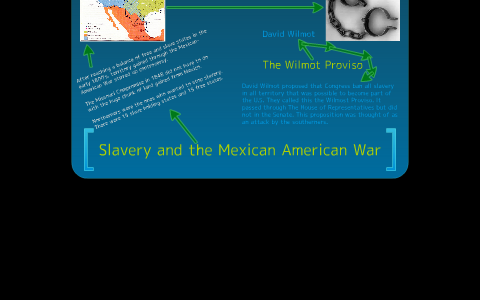
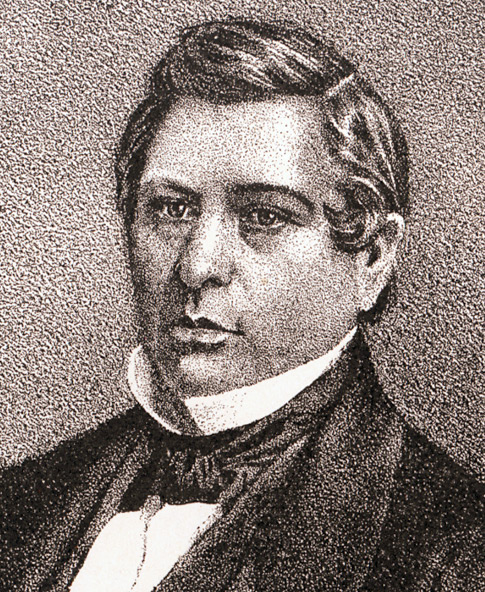
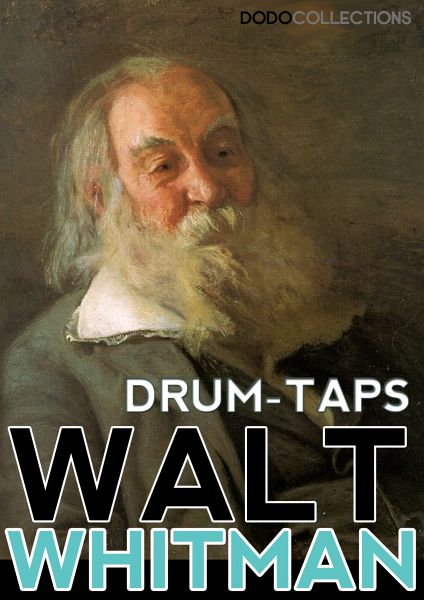
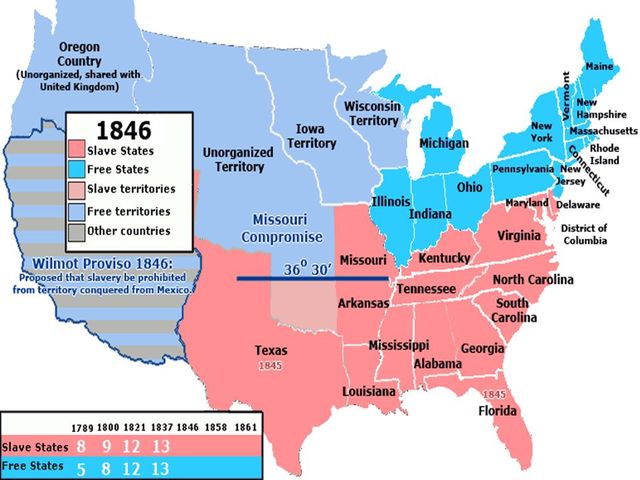

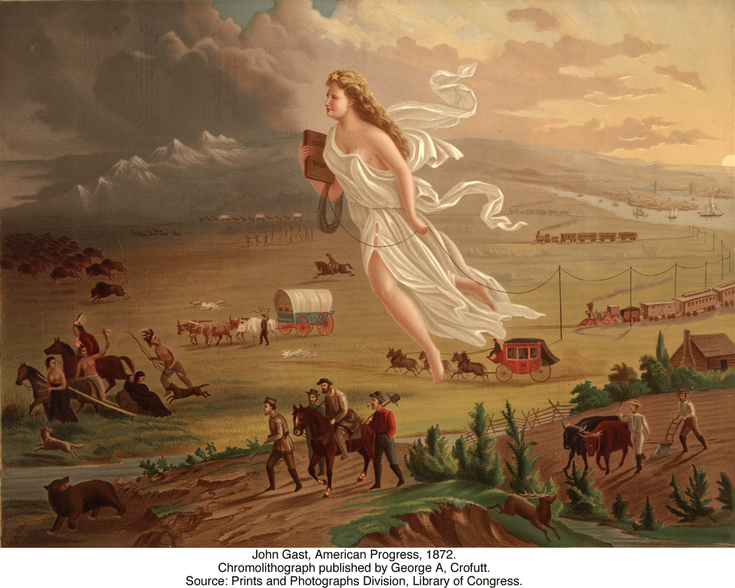

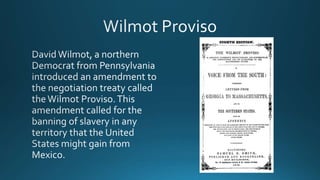
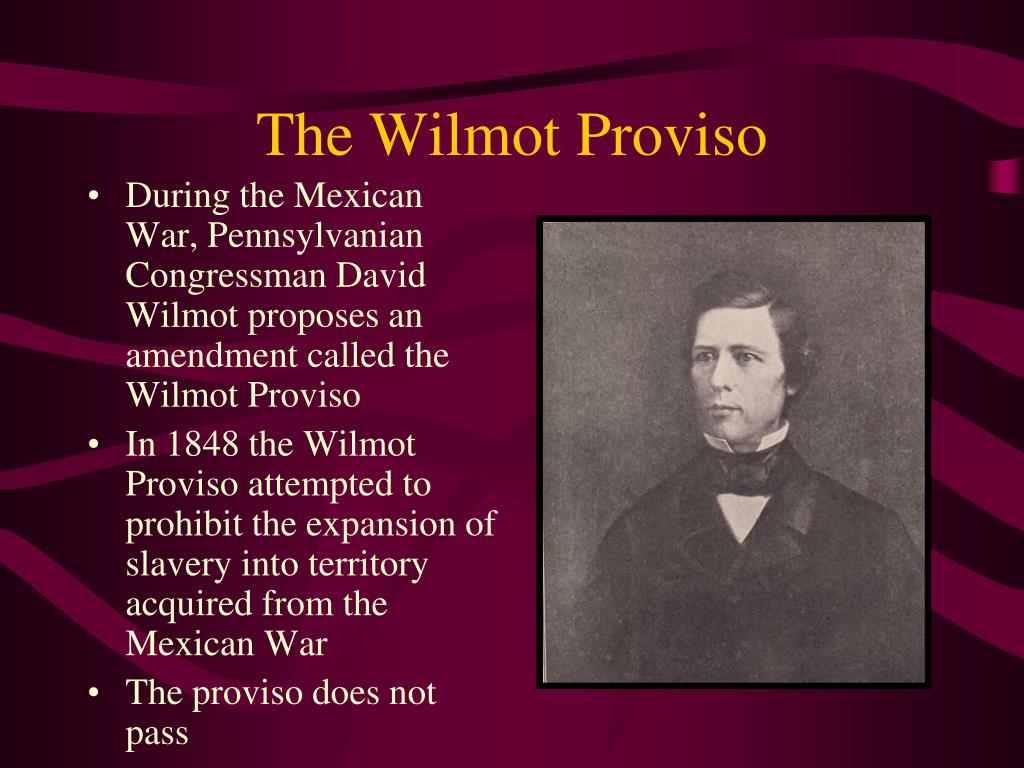
0 Response to "39 the wilmot proviso called for"
Post a Comment